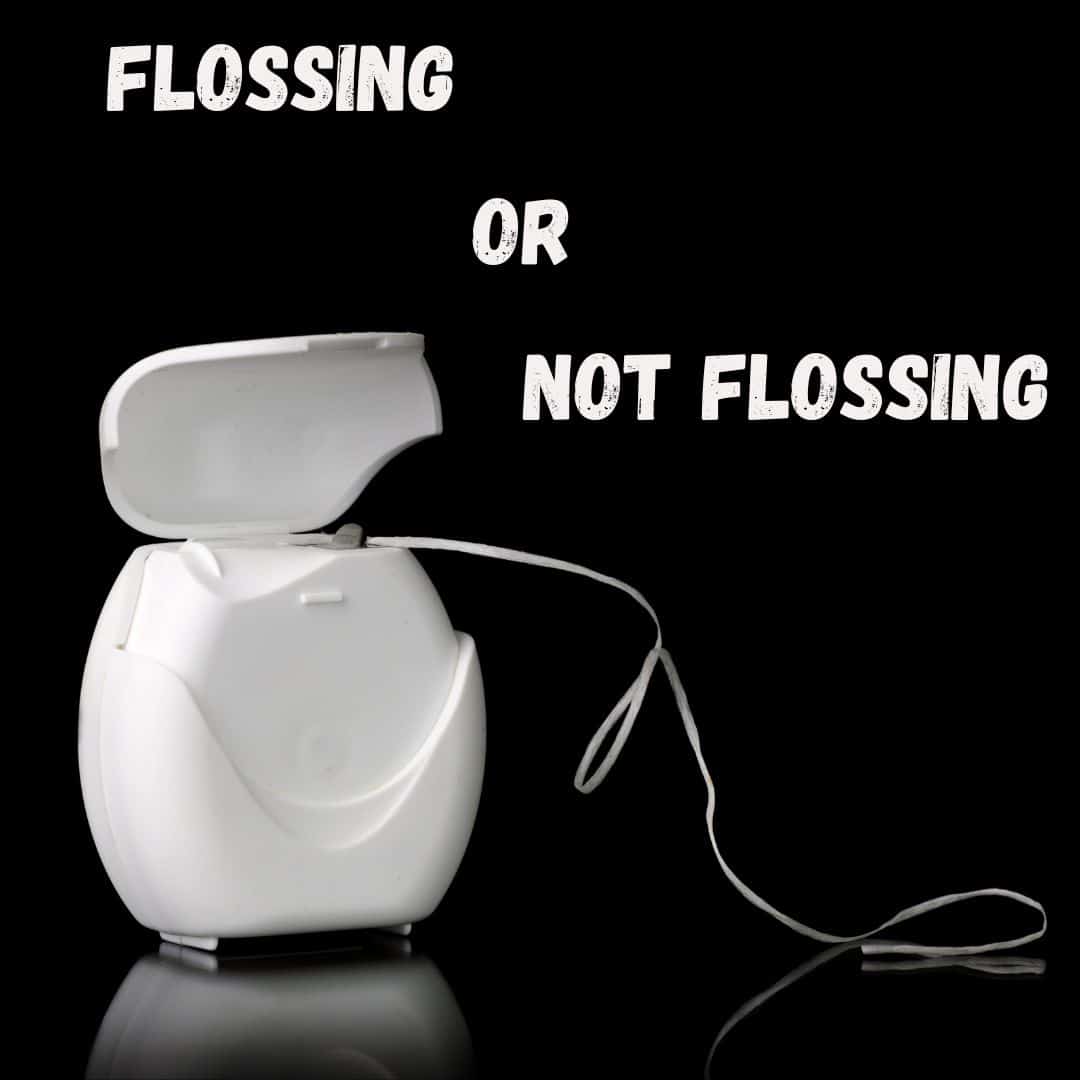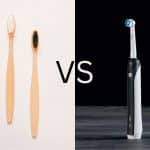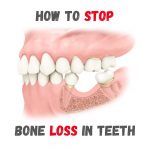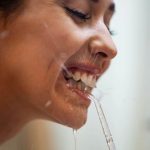Most people know the importance of brushing their teeth regularly while maintaining good oral hygiene. But what about flossing? Is it essential or just a marketing ploy by dental manufacturers? So, let’s figure out flossing vs not flossing.
Definition of flossing and brushing
To get to the bottom of this debate, let’s first define flossing and how it differs from brushing. Flossing is using a thin, thread-like tool to clean between your teeth and along the gum line. Dental floss can be made of various materials, including nylon, polyethylene, and PTFE, and is available in different flavors and thicknesses.
On the other hand, brushing is the process of cleaning the surfaces of your teeth with a toothbrush and toothpaste. While brushing is essential for removing plaque and food particles from the fronts, backs, and tops of your teeth, it does not effectively clean the tight spaces between your teeth or along the gum line. This is where flossing comes in.
The debate over the necessity of flossing
So, is flossing necessary? The American Dental Association says (ADA) , the answer is a resounding yes. The ADA recommends flossing at least once a day to remove plaque and food particles that can cause gum disease, tooth decay, and bad breath.
What is gum disease, and why is it important to prevent it?
Definition of gum disease
But what exactly is gum disease, and why is it so important to prevent it? Periodontal disease, often known as gum disease, is an inflammation of the gum tissue and the bone that supports your teeth. It occurs when bacteria in plaque (a sticky film that constantly forms on your teeth) is not removed and begins to build up along the gum line.
Consequences of untreated gum disease
Gym disease can cause tooth loss by destroying the supporting bone if left untreated. It can also raise your chance of developing other health issues such as heart disease, stroke, and diabetes. In fact, the US Department of Health and Human Services has declared gum disease a major public health issue.
Role of plaque in gum disease
So, how does flossing help prevent gum disease? Flossing removes plaque and food particles that a toothbrush cannot reach between your teeth and along the gum line. This helps prevent gum disease by keeping the area clean and free of bacteria.
How does flossing help prevent gum disease?
Removing plaque and food particles from between teeth and along the gum line
But what if you have trouble flossing or your gums bleed when you floss? Bleeding gums can be a sign of gum disease, but it can also signify that you are flossing incorrectly or too aggressively. If you are having trouble flossing or your gums are bleeding, you must talk to your dentist or dental hygienist for guidance on proper technique. They can show you how to floss properly to remove plaque without damaging your gum tissue.
Importance of good oral hygiene
In addition to flossing, it’s important to practice good oral hygiene by brushing your teeth at least twice a day and using mouthwash to kill bacteria and freshen your breath. It’s also a good idea to visit your dentist regularly for cleanings and check-ups to catch any issues in the early stages and prevent them from worsening.
What if you have trouble flossing or your gums bleed when you floss?
So, what’s the verdict on flossing vs not flossing? While it’s true that there is some scientific evidence to suggest that flossing may not be as effective at reducing plaque and preventing gum disease as originally thought, many dentists still recommend flossing as an essential part of good oral hygiene.
Sign of gum disease or improper technique
In fact, the ADA still recommends flossing daily as a way to remove plaque and food particles from between your teeth and along the gum line. Many dentists also recommend flossing before brushing, as it helps to loosen plaque and food particles that can then be removed with a toothbrush.
Importance of seeking guidance from a dental professional
It’s important to note that not all types of floss are equal. Some types of floss, such as dental tape, may be more effective at removing plaque from certain types of teeth or in certain areas of the mouth. Your dentist or dental hygienist can recommend the best type of floss for your needs.
What does the scientific evidence say about flossing?
Some studies suggest reduced effectiveness of flossing.
While flossing may not be as effective at reducing plaque as originally thought, scientific evidence suggests that regular flossing can benefit oral health. For example, a study published in the Journal of Clinical Dentistry found that regular flossing was associated with a reduction in gum bleeding and a decrease in the severity of gum disease.
Other studies suggest that flossing can have benefits for oral health.
Another study published in the Journal of the American Dental Association found that flossing in combination with brushing was more effective at reducing plaque and preventing gum disease than brushing alone. This suggests that flossing can complement brushing as part of a good oral hygiene routine.
Recommendation to floss as part of a good oral hygiene routine
So, what’s the bottom line? While there may be some debate about the effectiveness of flossing, many dentists and dental organizations, including the ADA, still recommend flossing as an essential part of good oral hygiene. Flossing can help remove plaque and food particles that a toothbrush cannot reach between your teeth and the gum line. It can also help prevent gum disease, tooth decay, and bad breath.
Conclusion
Recap of main points
If you are having trouble flossing or your gums are bleeding, it is essential to consult your dentist or dental hygienist for advice on optimal technique. They can show you how to floss properly to remove plaque without damaging your gum tissue.
Importance of good oral hygiene, including flossing, brushing, and regular dental visits
In addition to flossing, it’s important to practice good oral hygiene by brushing your teeth at least twice a day, using mouthwash to kill bacteria and freshen your breath, and visiting your dentist regularly for cleanings and check-ups. Following these recommendations can help keep your teeth and gums healthy and prevent the many negative consequences of poor oral hygiene.





